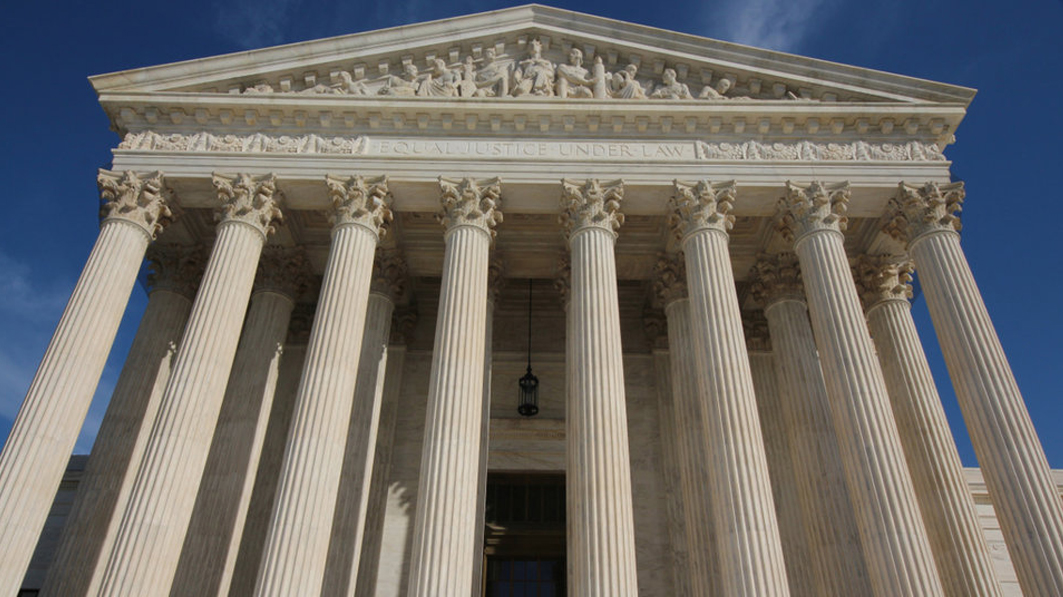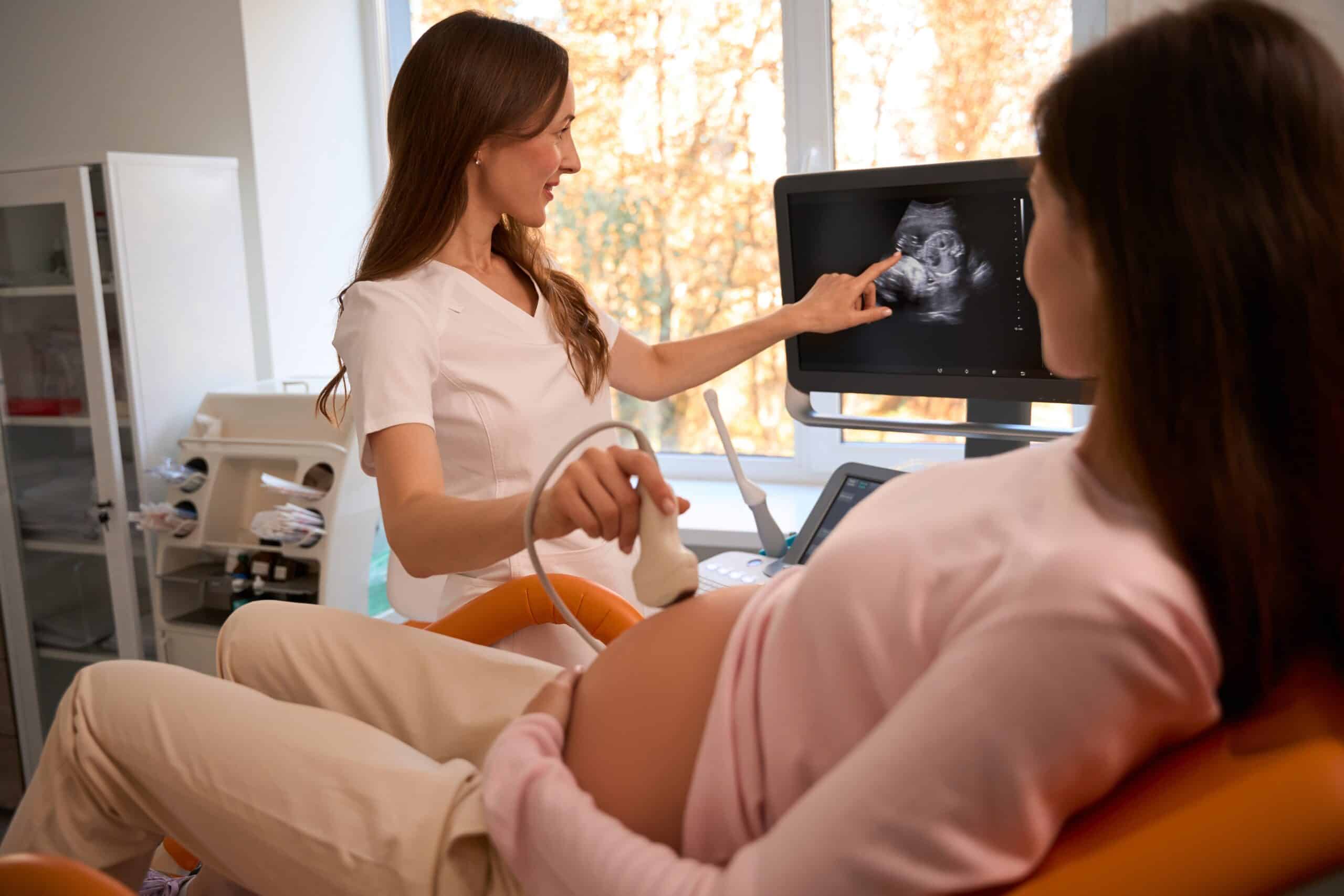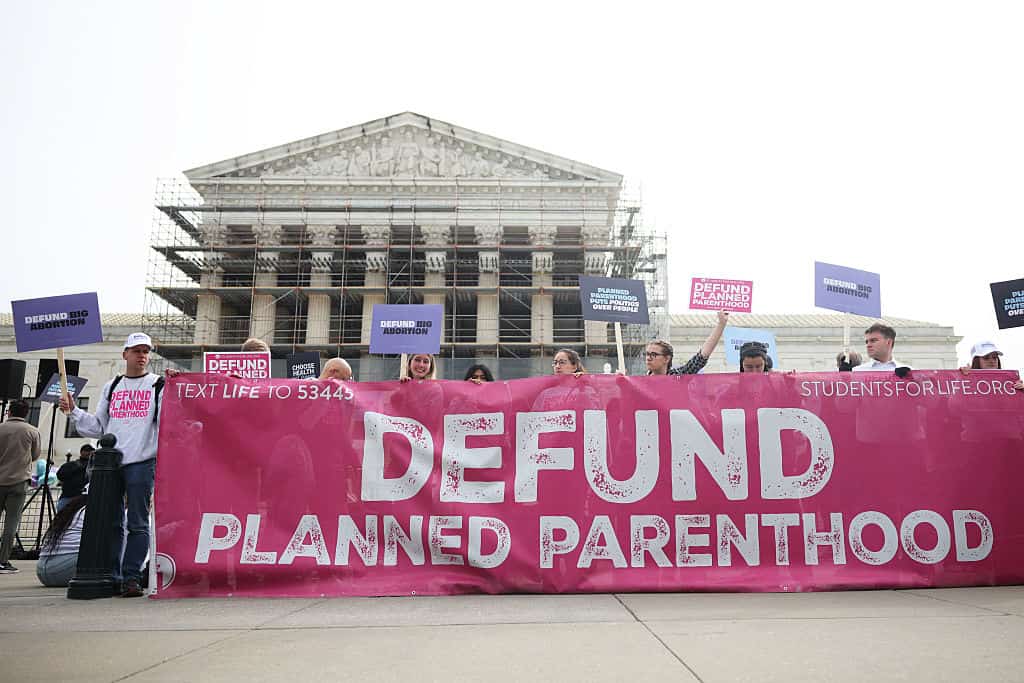Mississippi’s 15-Week Abortion Ban – A Challenge to Roe?

Mississippi is a state with a long-standing record of support for the values that made this nation great. The state legislature, reflecting the will of its constituents, never shies away from tackling the big issues of the day, even if it means taking on the U.S. Supreme Court.
One such issue Mississippians are interested in, of course, is the regulation of abortion, looking toward ending the practice statewide one day. It is one of approximately 30 states that prohibit abortion either after 20 weeks gestation, or as other states put it, after “viability.” The viability language comes from the Supreme Court’s 1973 opinion in Roe v. Wade and its 1992 opinion in Planned Parenthood v. Casey, which reaffirmed Roe v. Wade’s basic holding of a woman’s Constitutional “right ” to abortion, while rejecting Roe’s artificial trimester scheme in favor of a “viability” analysis, which allows for greater state restrictions on abortion post-viability than pre-viability.
The Casey court recognized that since Roe was decided, “Advances in neonatal care have advanced viability to a point somewhat earlier” than the 28 week point the 1973 decision assumed, pointing to the 23 to 24 week consensus the medical community held in 1992. The Court even recognized that future advancements in “fetal respiratory capacity” could push the viability date even lower.
So here we are in 2018, and are now at the point where the abortion industry is afraid to challenge the 20-week standards already set in law by Mississippi and a host of other states. And Mississippi wants to continue the national debate over viability. State lawmakers, along with Governor Phil Bryant, enacted a ban earlier this year on all abortions after 15 weeks of fetal gestation, with certain exceptions for the life and health of the mother.
The new law was temporarily blocked by a federal district court judge, Carlton Reeves, the same day it was to go into effect. And on November 20, 2018, the judge made his temporary injunction against the 15-week ban permanent, insisting that current medical consensus holds that fetal viability commences at 23 to 24 weeks, the same “consensus” cited 26 years ago in 1992 in Casey. Mississippi will now appeal to the Fifth Circuit U.S. Court of Appeals in New Orleans to have the injunction overturned.
The Fifth Circuit has a majority of judges who hold a conservative judicial philosophy, and have upheld abortion restrictions in the past from other states within its jurisdiction.
So what can we expect from the Fifth Circuit, even with a majority of conservative judges? It’s out of the question that any court below the Supreme Court could overturn Roe and Casey. That’s not how the legal system works. Could the Fifth Circuit uphold the 15-week ban, however? It could, but realistically it seems like a stretch to assume that the medical profession is currently of the opinion that 15 weeks is the new “viability” standard. That’s what the Fifth Circuit would need to support a ruling in support of the law.
And if the case ultimately gets to the Supreme Court, don’t expect a majority of justices to jump on the 15-week bandwagon either, at least not without the medical profession’s agreement, which doesn’t appear forthcoming.
Could the Supreme Court, however, bypass the 15-week question entirely and use the opportunity to hold that Roe and Casey were wrong when they were decided, that there is no constitutional right to abortion, and overturn them? It’s possible, but realistically, we’re not there yet. Of the Court’s current members, only Justice Clarence Thomas is on record as saying that he would vote to overturn Roe.
In the meantime, states should continue the process of saving as many babies as possible, while protecting women from the harms of abortion, with such measures as medical facility standards, parental notification and informed consent requirements, for example. We now have five justices on the high court that should be amenable to such incremental victories for life. We should still aim for Roe and Casey’s eventual demise, but we shouldn’t pass up realistic and achievable opportunities to save lives.
ABOUT THE AUTHOR

Bruce Hausknecht, J.D., is an attorney who serves as Focus on the Family’s judicial analyst. He is responsible for research and analysis of legal and judicial issues related to Christians and the institution of the family, including First Amendment freedom of religion and free speech issues, judicial activism, marriage, homosexuality and pro-life matters. He also tracks legislation and laws affecting these issues. Prior to joining Focus in 2004, Hausknecht practiced law for 17 years in construction litigation and as an associate general counsel for a large ministry in Virginia. He was also an associate pastor at a church in Colorado Springs for seven years, primarily in worship music ministry. Hausknecht has provided legal analysis and commentary for top media outlets including CNN, ABC News, NBC News, CBS Radio, The New York Times, the Chicago Tribune, The Washington Post, The Washington Times, the Associated Press, the Los Angeles Times, The Wall Street Journal, the Boston Globe and BBC radio. He’s also a regular contributor to The Daily Citizen. He earned a bachelor’s degree in history from the University of Illinois and his J.D. from Northwestern University School of Law. Hausknecht has been married since 1981 and has three adult children, as well as three adorable grandkids. In his free time, Hausknecht loves getting creative with his camera and capturing stunning photographs of his adopted state of Colorado.
Related Posts

New York Ends Fight to Force Nuns to Pay for Abortions
January 27, 2026



